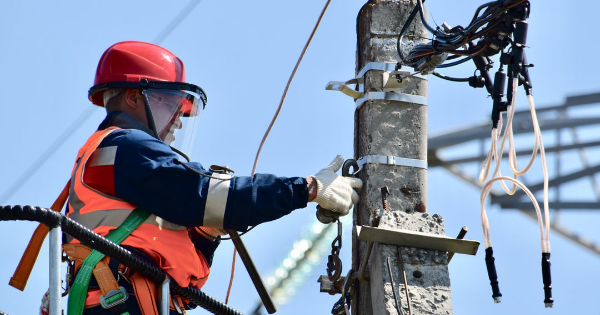Call us today! (828) 301-6362
How Is the Job Market for Electricians?

Electricians are the heroes who help solve electrical needs such as designing, installing, maintaining, repairing, and troubleshooting electrical systems. If you are interested in being an electrician, you can expect a physically demanding, rewarding, and satisfying career. Being an electrician might be your career if you enjoy fixing things and love doing interesting, non-mundane work. So what does the job market for electricians look like?
Statistics and Wages
According to the U.S Bureau of Labor Statistics, the job growth rate for electricians was expected to grow by 23% between 2010 and 2020. However, the U.S BLS now reports the job growth rate for electricians is projected to grow by 9% between 2020 and 2030, creating around 66 100 jobs. The projected growth for electricians is higher than the average for all occupations, which stands at 7.7%.
The average salary in 2020 was $57,805 while the median pay in 2021 was $60 040. On average, males earn slightly higher than females in the industry, with a difference of about $6700. Electricians make more than the national average of $55 954. The highest paying industries in the electricians’ job market are:
-Internet publishing and broadcasting
-Tobacco processing
-Pipeline transportation
What Do People in the Job Market Do All Day?
As an electrician, you will likely work full-time and overtime to meet people’s and companies’ electrical needs. As an electrician, you are likely to be engaged in one or more of the following duties:
-Inspection of electrical components such as broken circuits or transformers
-Using hand and power tools to repair broken wires, fixtures, and equipment
-Ensuring adherence to the National Electrical Code
-Training junior electricians on how to design and fix an electrical system
-Responding to electrical emergencies
Why Might There Be an Increased Demand for Electricians?
The COVID-19 pandemic caused an increase in demand for electricians from 8.4% to 9.1%. However, other factors are contributing to the increased need for electricians, for example:
Lower Entrance of New Electricians to the Market
In one survey, only 16.7% of high school respondents were interested in skilled labor, with the majority preferring working in the technology sector. That leads to a shortage in the supply of young electricians.
Increased Electricity Consumption
Electricity consumption in the U.S is projected to grow by 1.4% between 2020 and 2021. More consumption means the need for more electricians. Further, as new industries and technology crop up, they will require electricians to manage the electrical systems.
Electricians meet various electrical needs in society. What would you like to know more about electricians?
